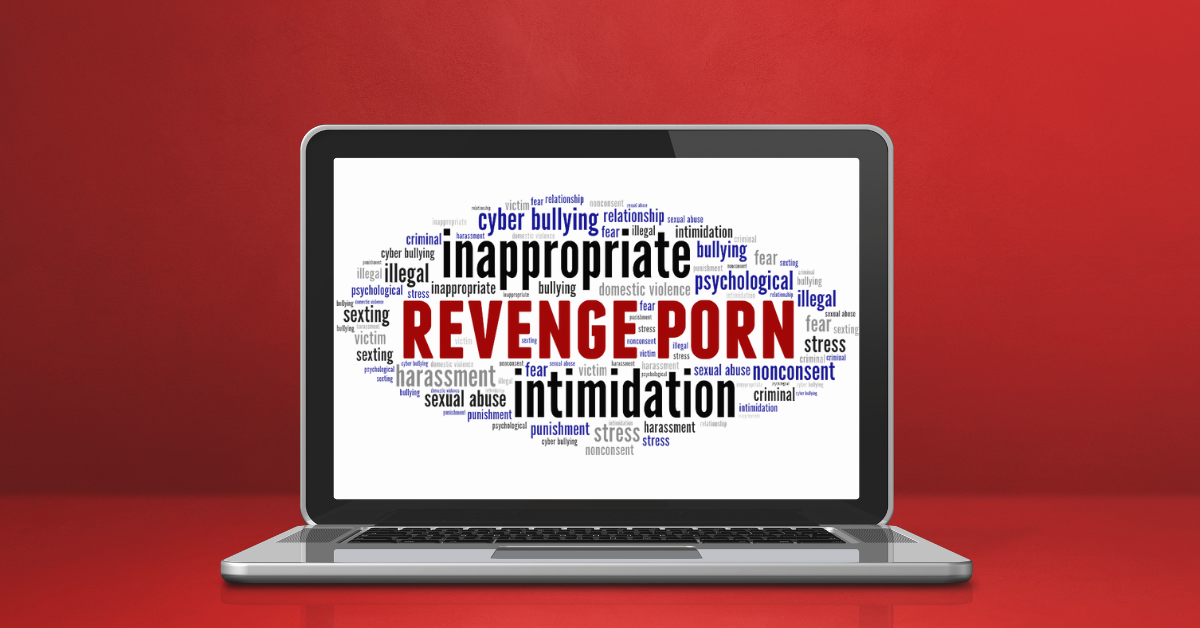Revenge Porn in North Carolina

With the use of social media and devices with technological capabilities that stretch the imagination, it can be challenging to keep the intimate details of our lives private. One racy image in the wrong hands can cause trauma, embarrassment and have serious criminal implications. To be sure, the nonconsensual sharing of images is a major problem that has created enormous stress and legal issues for many people. It has also found its way into divorce cases between scorned spouses who are hoping to create leverage and emotional upheaval while negotiating and even litigating financial and custody issues. It can be quite a conundrum for the parties involved and the lawyers who are seeking to protect their client’s interests.
As of October 2023, forty-eight states and Washington, DC have implemented laws that prohibit the distribution or production of nonconsensual pornography, also known as “revenge porn.” North Carolina has enacted its own laws to address the revenge porn problem. Specifically, under North Carolina General Statutes, Section 14-190.5A, which is known as the “Disclosure of Private Images; Civil Action,” a person is guilty of disclosure of private images if the person knowingly discloses an image of another person with the intent to either coerce, harass, intimidate, demean, humiliate or cause financial loss to the depicted person OR cause others to coerce, harass, intimidate, demean, humiliate, or cause financial loss to the depicted person. The statue also requires that the depicted person is identifiable from the disclosed image itself or information offered in connection with the image, and the depicted person’s intimate parts are exposed or the depicted person is engaged in sexual conduct in the disclosed image. Moreover, the person must disclose the image without the affirmative consent of the depicted person, and the person must have obtained the image without consent of the depicted person or under circumstances such that the person knew or should have known that the depicted person expected the images to remain private.
A person who is found to have violated the “Disclosure of Private Images; Civil Action,” statute could be subject to a Class H felony. Additionally, any person whose image is disclosed, or used, may have a civil cause of action against any person who discloses or uses the image and is entitled to recover from the other person any of the following: (1) Actual damages, but not less than liquidated damages, to be computed at the rate of one thousand dollars ($1,000) per day for each day of the violation or in the amount of ten thousand dollars ($10,000), whichever is higher; (2) Punitive damages; and (3) A reasonable attorneys’ fee and other litigation costs reasonably incurred. Note that the civil cause of action may be brought no more than one year after the initial discovery of the disclosure, but in no event may the action be commenced more than seven years from the most recent disclosure of the private image.
In addition to the relief provided in the “Disclosure of Private Images; Civil Action,” statute, there may be other safeguards and relief available, including the entry of Domestic Violence Protective Order, depending upon the specific facts and circumstances of the situation. It is important to discuss these serious issues with an experienced attorney to determine your path forward. To discuss your situation, please contact our firm online.